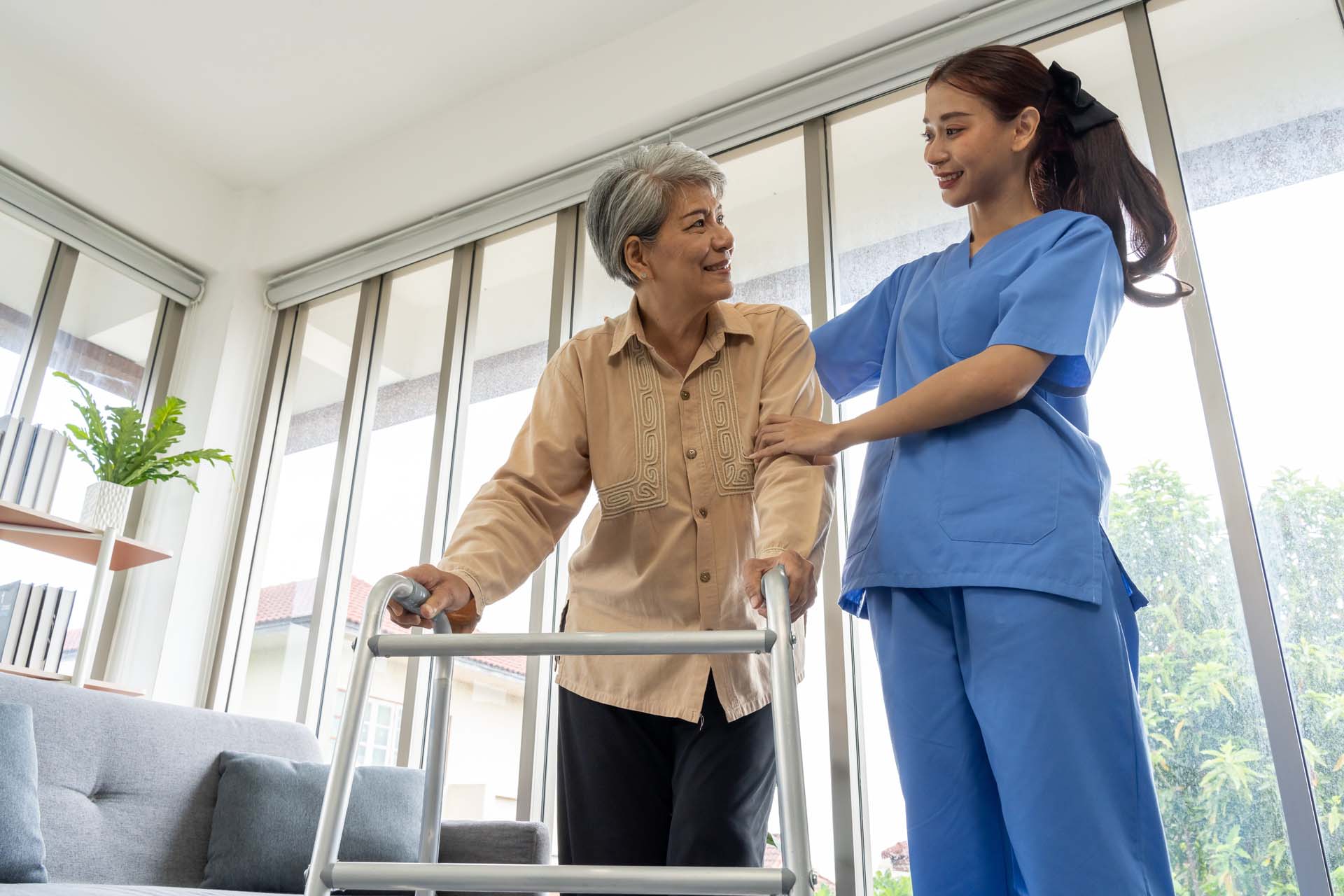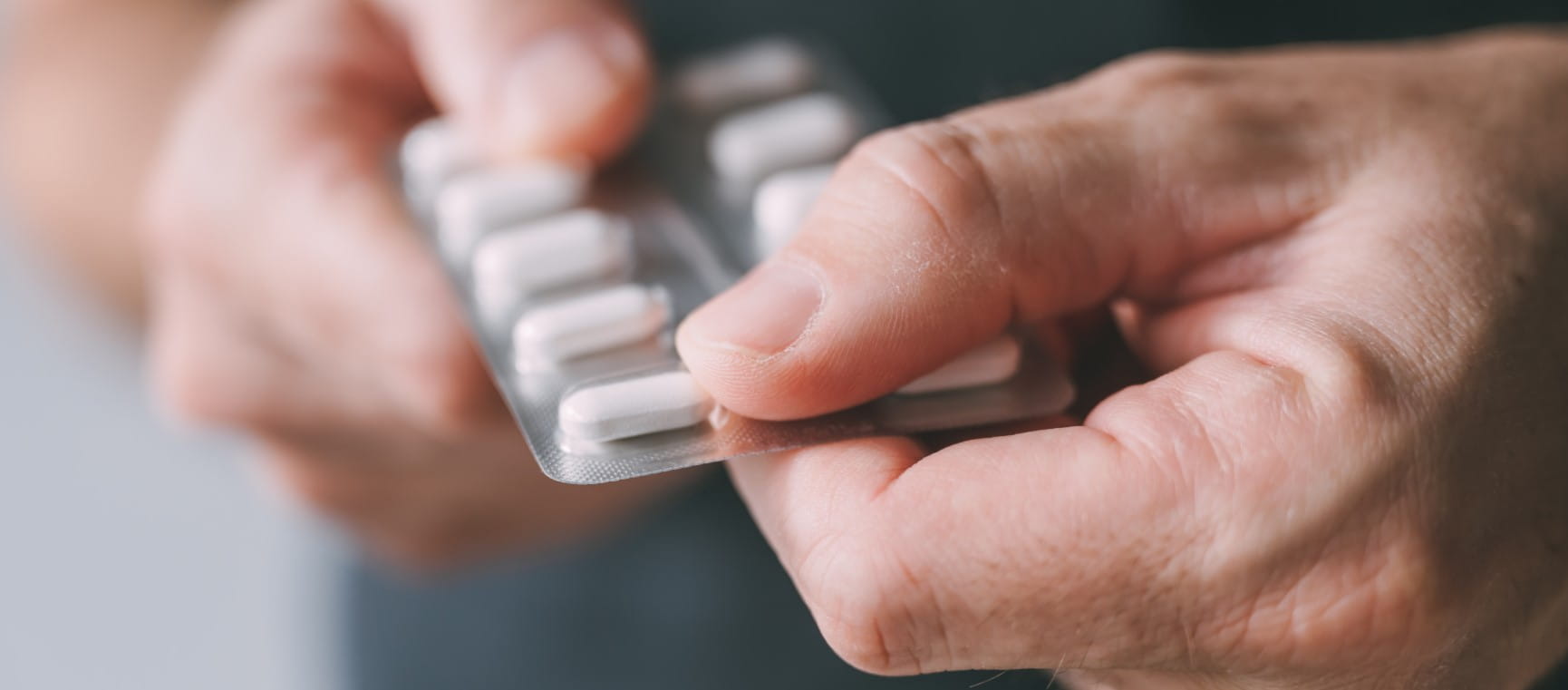
Dr Lucy Pollock is a geriatrician at Somerset NHS Foundation Trust and author of The Golden Rule: Lessons in living from a doctor of ageing, which advises us all to seize life with both hands as we age.
"Old age is a privilege to treasure," says Dr Pollock, 59. "Suddenly you realise you’re facing a new stage in your life. So what are you going to do with it? That can be really exciting."
Dr Pollock is convinced that embracing later life with joy and confidence is key. Her book doesn't shirk from the knottier aspects of ageing, but it’s also brimming with ideas and compassion.
We've got Dr Pollock's top 10 lessons learned from 30 years of caring for older people.
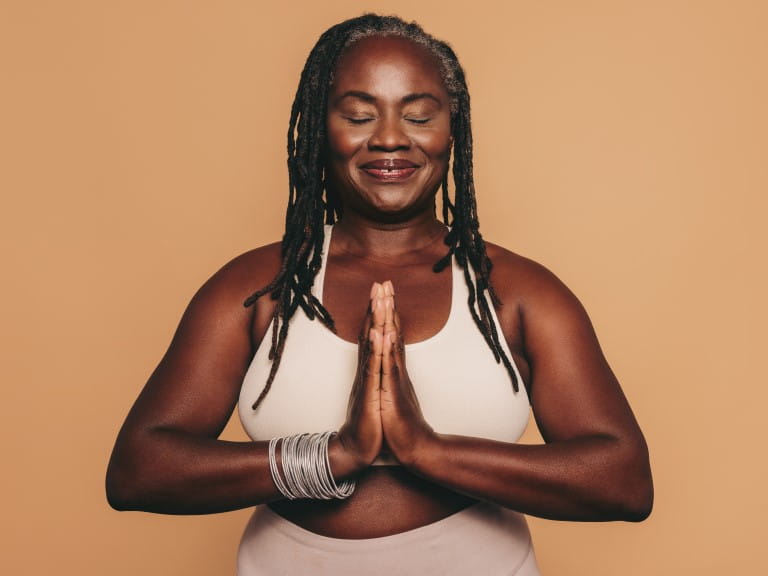
Your view of ageing can have a measurable impact on how you experience it.
Dr Pollock says research has proved that a positive mindset can add seven-and-a-half years to your life, help you recover better from disability and even buffer against dementia.
"If you catch yourself thinking, I’m old and washed up with nothing to offer," she advises,
"Think about all you’ve learned and the wisdom you’ve gained over the years, and see how much more positive you feel."
Our bodies need maintenance as we get older. And that means moving them.
But, says Dr Pollock, "Exercise does not need to be sweat and Lycra. It can be relaxing while improving strength and balance."
The secret is to build a little achievable activity into each day. Strength training is a must to combat the loss of muscle and bone that can leach vitality and leave us frail.
She cites a recent study of people aged 65+ who took on a three-month, home-based exercise regime combining simple movements with walking. By the end they had significantly greater muscle strength and bone density.
"You can turn back the clock with simple exercises using everyday items such as litre cartons of milk, tins of tomatoes or baked beans as weights," she says.
"Pilates, yoga and t’ai chi are other good choices that can benefit wellbeing, lower blood pressure and strengthen muscles."
Consider what you want from medical treatment and take stock of your prescribed medication.
"Many older people are on multiple medicines and not all are helpful", says Dr Pollock.
"'Polypharmacy’ increases the risk of adverse drug reactions (ADRs) and research shows that up to 20% of hospital admissions in people over 65 are a result of ADRs, two-thirds of which are preventable.
"You don’t need a degree in pharmacology, but you do need to know what you are taking and why," she says.
She advises asking for a structured medication review by a doctor or trained pharmacist, taking into account what’s important to you.
A nutritious diet is vital but don’t deprive yourself.
"I try not to be too prescriptive. A reasonable intake of protein is a good idea and you do need to eat your greens," says Dr Pollock.
She sees a surprising number of older men who "were they on a 16th-century sailing boat you’d say had scurvy – caused by lack of vitamin C – because they don’t eat veg."
Get vitamin D from sunshine, oily fish, red meat, liver, egg yolks and fortified foods; take a 10-microgram supplement between October and April, or year-round if you don’t go outdoors much.
She is saddened to see older people on overly restrictive diets in their 80s and 90s.
"If you’ve reached a ripe old age and want to slather your toast with butter or put lashings of cream on your dessert, go ahead guilt free."

"Antidepressants only work for around one in three people and research suggests that spending time with others can be a better solution – and has no side-effects," she says.
Depression is linked to many health problems – think insomnia, stroke, heart disease, Parkinson’s disease and hypothyroidism.
Talking therapies such as cognitive behavioural therapy (CBT) can help but aren’t always offered to older people. You can refer yourself to an NHS talking therapy service.
Alternatively, she suggests asking your doctor about social prescribing.
"There’s a growing number of link workers who can help you find something going on in your community that can lift your mood."
"Poor sleep impairs health and vice versa," says Dr Pollock.
Potential sleep sappers include anxiety, chronic health conditions such as arthritis, or sleep disorders such as restless legs syndrome. But simple things can interrupt sleep, too, such as night-time trips to the loo.
‘Try to cut out caffeinated drinks and have at least an hour away from screens (TV as well as phones and laptops) before bed.
"Spend time outdoors during the day and think about getting a little bit out of breath from some form of exercise or activity,’ she advises.
If you wake fretting, try this:
"You may yawn after two or three cycles and will often drift off to sleep as your brain waves slow down," she adds.
These days when it’s a struggle to see a doctor it can be hard to know when to push for a GP appointment or indeed if you should.
Red flags include unexplained weight loss, persistent fever, chills or night sweats, new pain that’s worse at night, a cough that won’t go away, and changes in behaviour such as confusion or drowsiness, and/or unexplained falls.
"Other things such as incontinence are common in later life but not normal, so seek advice as we may be able to help.
For conditions that don’t need a doctor, exercise fixes many aches and pains. You could also try regular paracetamol – it has few side-effects and is considered safe."
Research shows that in people aged 55+ dementia is the most feared illness. Often this is misplaced. As Dr Pollock points out.
"Most older people don’t develop dementia. When a 25-year-old goes upstairs and can’t remember why, they don’t think, 'Oh no, I must have dementia'. They just think, 'I forgot what I came up for'.
"If you sometimes forget names or mislay your keys it’s normal. However, if family and friends suggest your memory is not what it should be, it might be an idea to get checked."
Even then she explains, "It isn’t necessarily about getting a dementia diagnosis. It’s about making sure there isn’t something going on that could be fixed.
"It’s sad to see somebody with undetected low vitamin B12 levels or low thyroid hormones – both of which can cause memory loss but are treatable – not seeking help because they misattribute their symptoms to ageing or are afraid of dementia."
Yes, we need to keep our brains active. But that doesn’t mean doing crosswords or Sudoku, unless you enjoy them.
"It’s best to choose a variety of different things to stimulate new connections in the brain," she says.
"So choose whatever makes you smile – be it reading books, playing games, online bridge, visiting new places, watching something different on TV or, best of all, talking to others about their lives."
As we get older our friendship circle tends to shrink. Being open to new friendships, for example with younger people, can help. And it works both ways.
"Older people have a sense of perspective. They know that life can hold heartache and pain but that it is possible to come out the other side," says Dr Pollock.
"I often see relationships developing on the ward between an older person and a young healthcare assistant. These are precious moments when stories are shared and there is a real human connection."
The Silver Line (0800 470 8090) is also a great resource if you are feeling lonely.
The Golden Rule: Lessons in living from a doctor of ageing by Dr Lucy Pollock (Penguin Michael Joseph)

Every issue of Saga Magazine is packed with inspirational real-life stories, exclusive celebrity interviews, brain-teasing puzzles and travel inspiration. Plus, expert advice on everything from health and finance to home improvements, to help you enjoy life to the full.

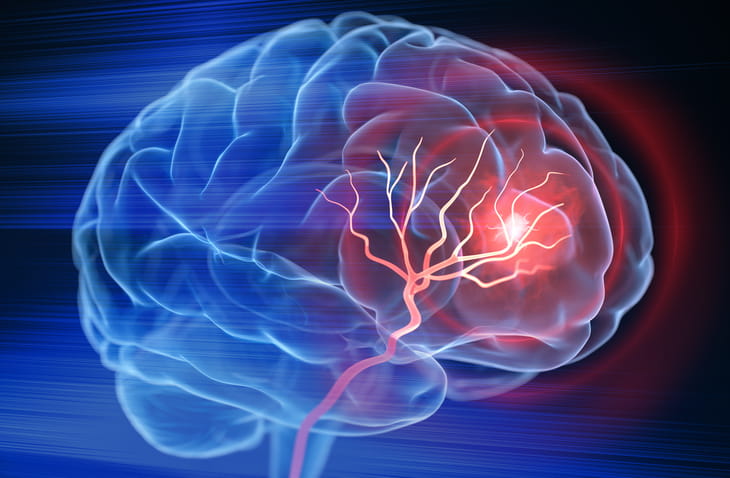
Facial weakness, a sudden headache and dizziness can all be signs of a stroke, we've got the facts from an expert.

Knee pain is more common as we age: to help we've got the best advice from 3 leading experts with easy ways to make a difference.
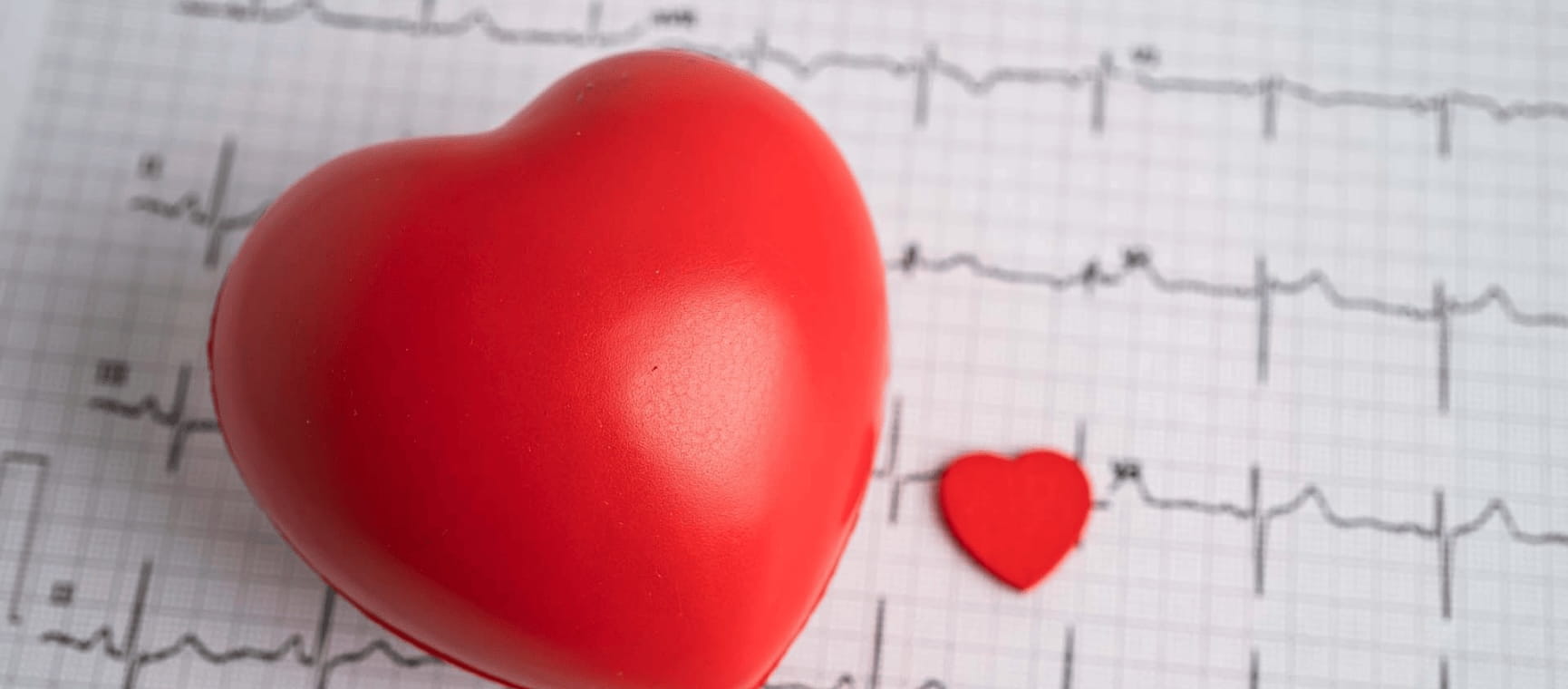
Do you know the symptoms of a heart attack? Here’s what to look out for, and how to prevent one.
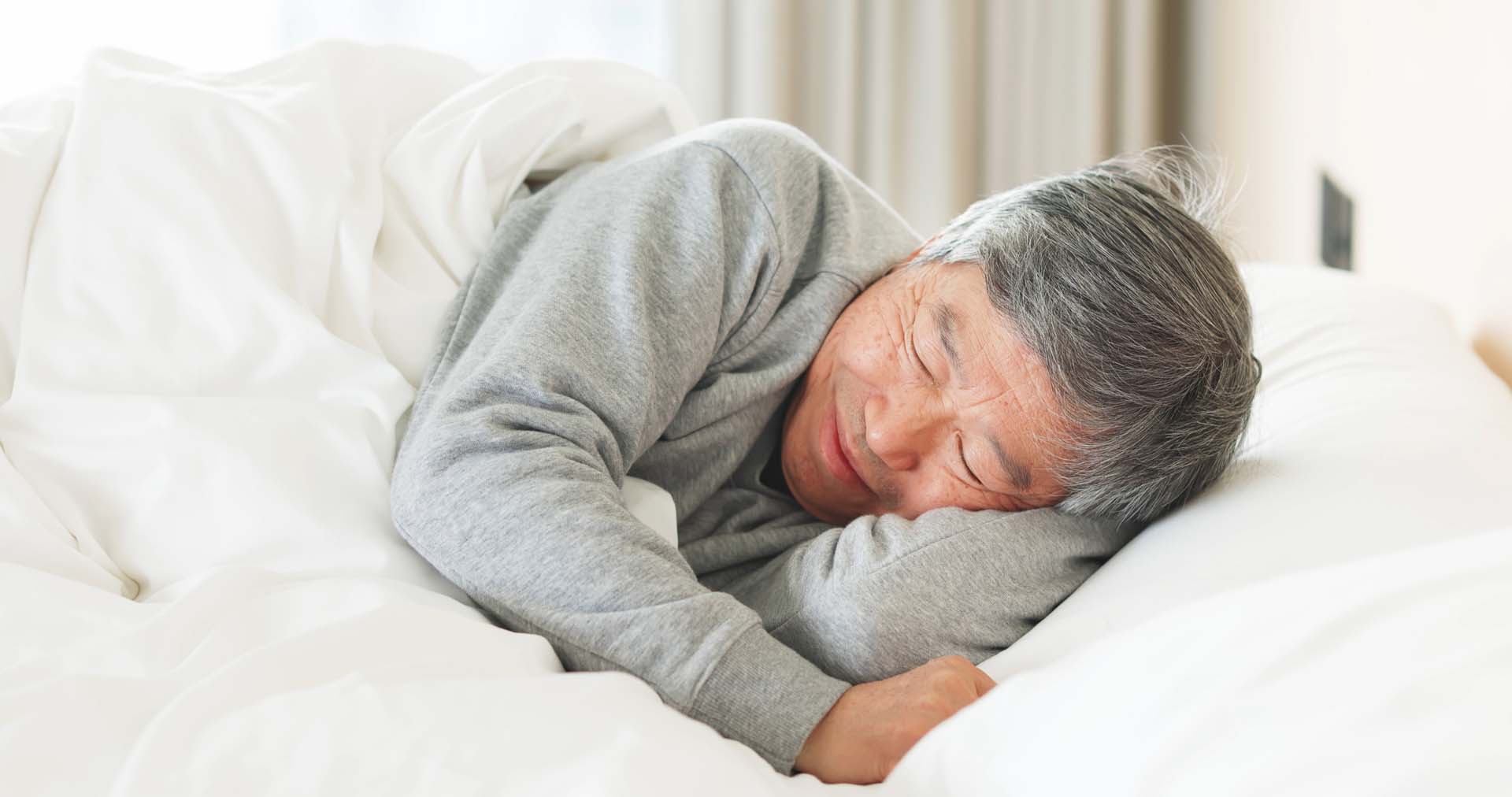
Front, back or side? Which sleeping position is best for you as you get older, and which ones you should avoid
